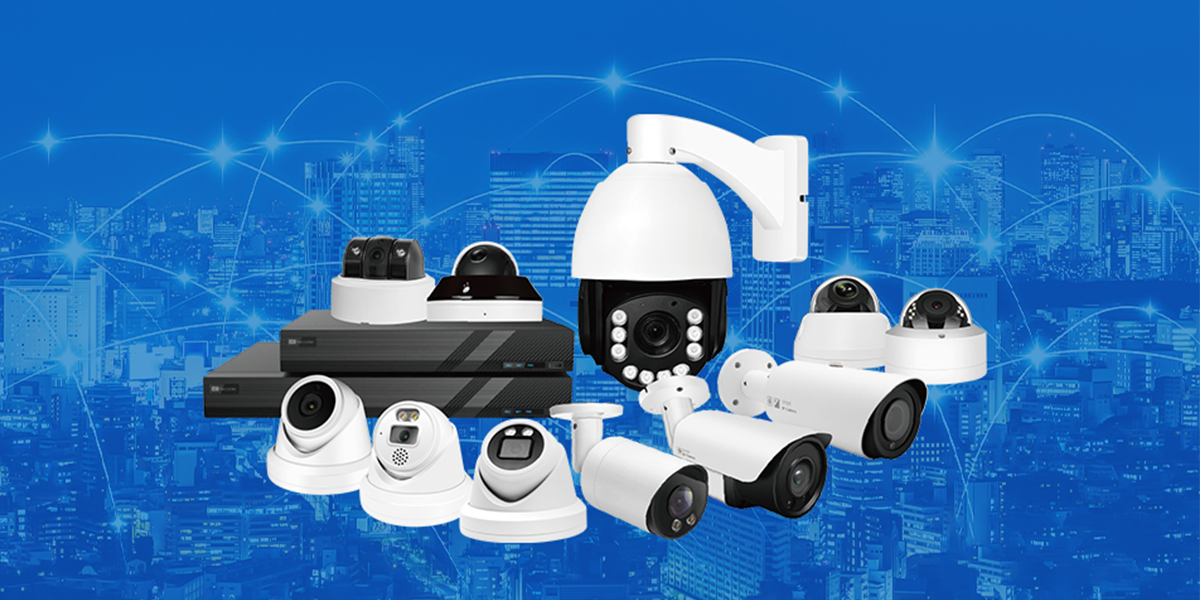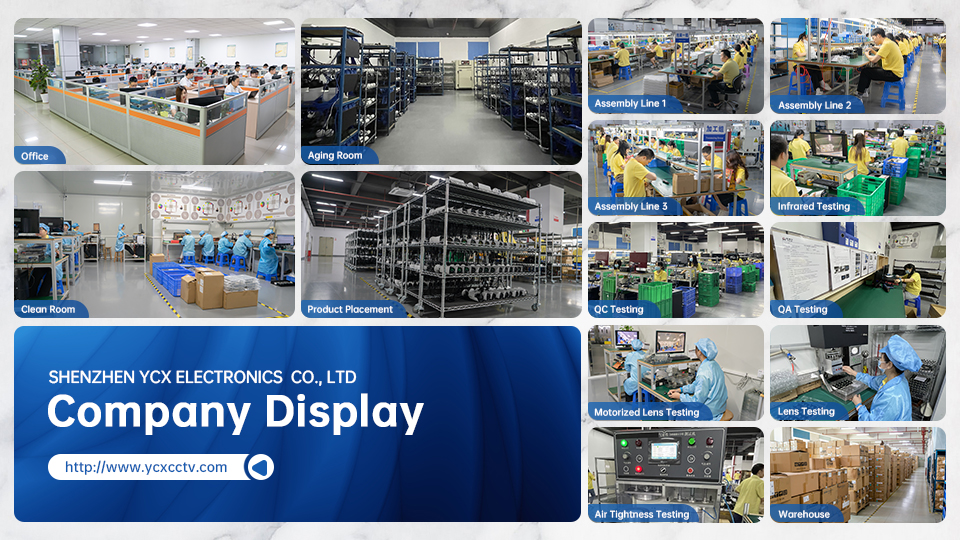

1. Introduction to CCTV surveillance system
CCTV surveillance system is one of the important means of monitoring, detection and control in modern management.It can display the images of the monitored and controlled objects in real time, vividly and realistically.Taking advantage of this feature, a large amount of information can be obtained in a timely manner,Greatly improve the timeliness, accuracy and reliability of information acquisition.In addition to image signals, it can also monitor live sounds and record the required images in real time.In addition, the CCTV monitoring system can also upload the scene in real time to facilitate remote supervision and command.At present, CCTV surveillance systems have been widely used in public areas, shopping malls and even homes.

2. Advantages of CCTV surveillance systems applied to ships

1. Operation and maintenance are simple and convenient.Use closed-circuit television monitoring systems to detect fires.It is simple to operate, has mature technology and requires little maintenance work, which can greatly reduce the labor intensity of the crew.
2. Can achieve 24-hour uninterrupted fire protection duty work,Fire detection is fast and accurate, and real-time monitoring can provide the real fire situation on site as quickly as possible.The real-time data transmission function can enable shore-based personnel to provide technical support for fire prevention and extinguishing work when necessary, helping commanders to make reasonable judgments.At the same time, it avoids the danger of fire detection team members entering the fire scene and minimizes the loss of people and property.
3. It is convenient for review and summary after the fire.The CCTV surveillance system can play back the scene images before and after the fire.It is convenient for safety managers to summarize the causes of accidents, draw lessons from experience, and do better fire prevention work.
4. Other functions. In addition to fire safety,The CCTV surveillance system can also have the following functions for ships:Supervise navigational watches; provide evidence of possible accidents and dangers;Provide objective and direct audio-visual materials for accident investigation of some ship pollution prevention accidents.



